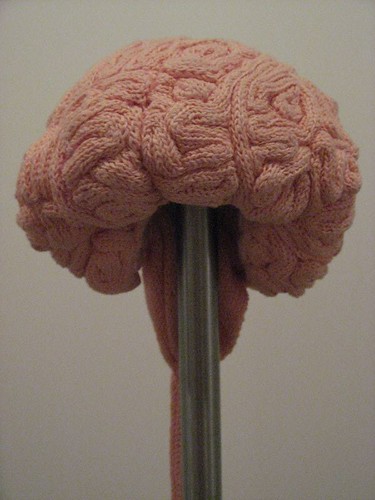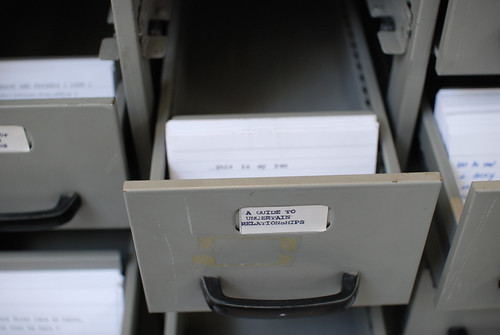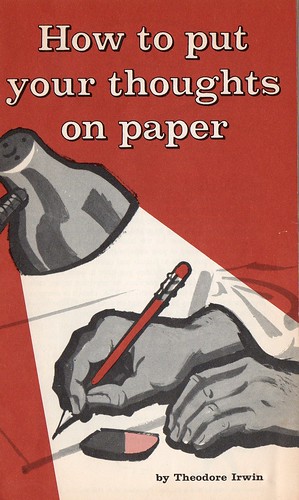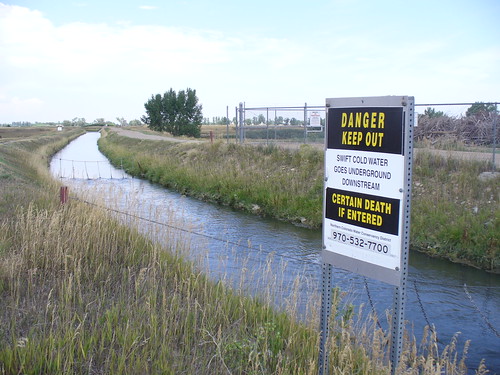Signs like this one warning that "Certain death if entered" are rare. I had a session yesterday with my therapist and we did role playing of a dialogue between my treatment and my OCD, relating to my low hemoglobin and taking iron. I got to be the treatment and Leonard was the voice of my OCD It went something like this:
OCD: How do you know that taking iron is enough? Shouldn't you be researching this?
Rx: I found out what I need to know for now. If I do my websearching, I will feel worse.
OCD: Well, if you miss something, and it leads to your death, that will be even worse. Aren't you being neglectful and lazy in not researching more?
Rx: When I listen to you, I don't have much of a life left anyway. All my time gets sucked into searching. There's no website that will definitively tell me what is going on with my body.
OCD: Doctors do miss things you know. Maybe just do a little bit of searching.
Rx: That's a red flag! Anytime I hear "Just a little" or "Just one more site" or "Just one more hour," I know it's a trap and I will end up being on the computer for hours or days.
OCD: You are just parroting what Leonard has told you. What does he know? He could be wrong, and you could die.
Rx: Yes, this is scary. Leonard could be wrong. Maybe I do need an endoscopy right now, and by taking iron for 6 weeks and retesting my hemoglobin I could be missing valuable time. But the last time I melted down with active OCD, I had numerous tests and my anxiety kept ratcheting up with each test, and I couldn't function. Every test has its own potential dangers.
OCD: You don't really know anything. How can you go through life so unprotected and uncaring about your well-being? When people find out you caused your own illness through neglect, they will reject you.
Rx: You twist everything around. The people in my life who love me would be sad if I was diagnosed with cancer, but they wouldn't be punitive like you are. My rituals do not protect me, as much as you warn me they do. We are human, and cannot solve every issue instantaneously and in fact think less clearly when frantic.
At this point, Leonard stopped the dialogue. He said that he was digging deep to find things that would highlight my strengths and weaknesses in dealing with my OCD. It was scary, and helpful at the same time. The part where he said I was just repeating what my therapist tells me was hard. All I know though is that when I get immersed in my OCD, it erodes my life. This is my own experience--not just what Leonard says.













